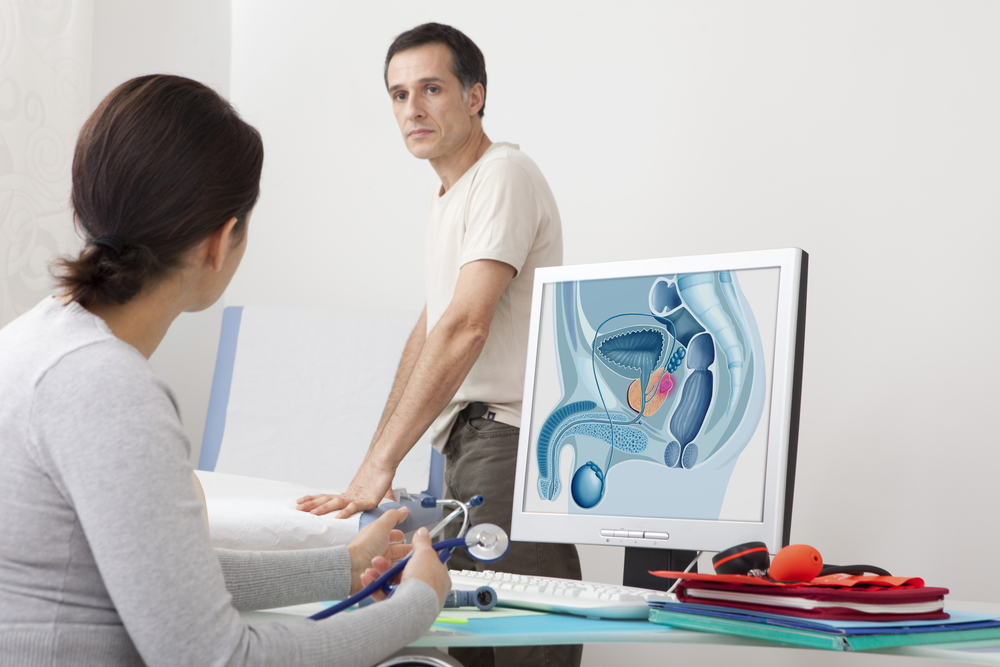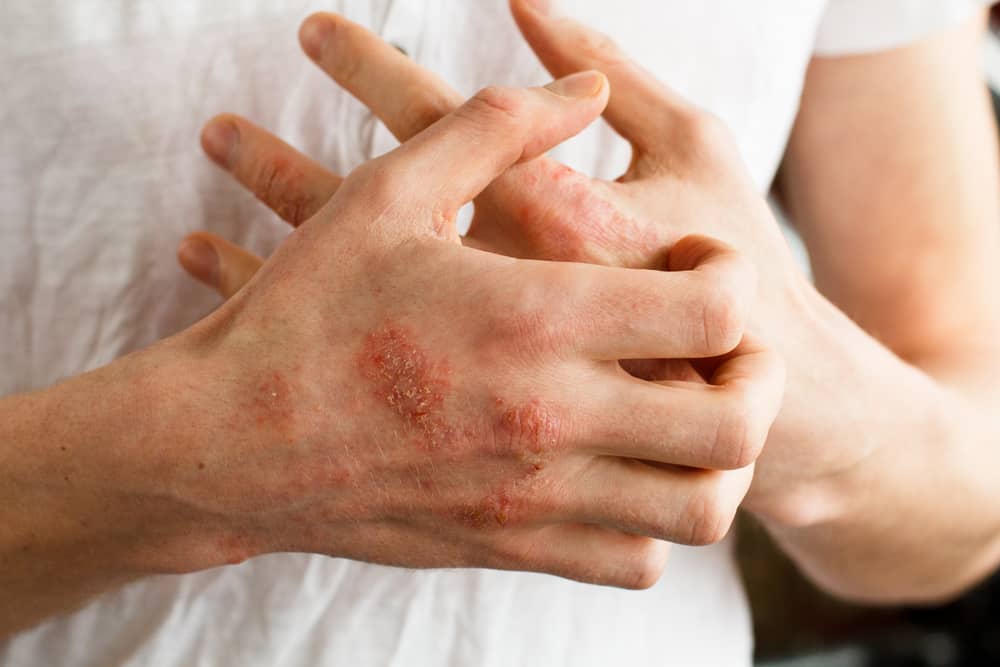Contents:
- Medical Video: Men's Health: Reasons to See a Urologist
- What is urology?
- Urologists are not alone in treating you
- What are the common urological ailments?
- 1. Urinary tract infections
- 2. Fertility problems
- 3. Enlarged prostate
- 4. Erectile dysfunction
- 5. Prostate cancer
- Other urology
- How to prevent urology?
Medical Video: Men's Health: Reasons to See a Urologist
Health problems such as the kidney, bladder and prostate are urological diseases. This disease is a disease that can affect anyone, both men and women of all ages. So, what diseases are associated with urology, which are the most common? Check out the full explanation below.
What is urology?
Urology is medical science that studies the urinary tract system, including diseases that can affect the system. The urinary tract or also called the urinary tract functions to filter and bring urine out of the body.
Disorders that occur in the urinary tract system will usually be handled by a urologist. You might know him more as a urologist. Generally urological health problems are related to the kidneys, ureters (channels that connect the kidneys to the bladder), adrenal glands, bladder, and urethra (channels from the bladder to excrete urine outside the body, also known as the urinary tract).
If this disease attacks men, the doctor will also deal with health conditions in the testicles, epididymis, vas deferens, seminal vesicles, prostate, and penis. In addition, male health problems, such as prostate enlargement, bladder cancer, prostate cancer, kidney stones, and stress incontinence will also be handled by a urologist.
Urologists are not alone in treating you
In men with certain urological conditions, such as urinary tract cancer, urologists may need help from other medical experts. For example, a radiologist will see kidney stones or urinary tract stones through ultrasound examination (USG).
Meanwhile, for women who have problems with their urology, the doctor may need the help of a gynecologist. Gynecologists are doctors who deal with the female reproductive system. Sometimes, an endocrinologist is needed if the conditions appear to disrupt the endocrine system and cause hormonal disorders. Urologists can also collaborate with pediatric surgery practitioners and colorectal surgery.
What are the common urological ailments?
1. Urinary tract infections
Although more often experienced by women, men are also vulnerable to being affected urinary tract infection before the age of 40 years. This condition occurs when there are bacteria that enter the urethra, aka the urethra. If you experience a urinary tract infection, the symptoms that you feel can be pain when you urinate, urine incontinence, nausea, vomiting, fever, and chills. Contact your urologist immediately if you feel any of these symptoms.
2. Fertility problems
Be careful because fertility problems also lurk men who are over 40 years old. This condition generally occurs due to enlargement of the vein in a bag under the penis or also called varicocele.
As a result, your reproductive tract can be damaged and the health of sperm is also disturbed. So do not be surprised if men aged 40 years and over often experience fertility problems.
3. Enlarged prostate
Men with ages 40 and above or in their early 40s usually tend to have an enlarged prostate which makes them have difficulty urinating. This also makes men often go back and forth to the bathroom in the day and night.
Basically, prostate enlargement can be treated with drugs to relieve symptoms or even shrink the prostate. An operating procedure can also be performed to remove the problematic part of the prostate depending on the severity of the disease.
4. Erectile dysfunction
Sometimes, a problem erectile dysfunction and decreased libido can be experienced by men aged 40 to 50 years. If you experience this problem, immediately consult your nearest urologist.
The doctor will do a blood test to measure the levels of sex hormones in the body. If your testosterone is low enough, your doctor may prescribe it viagra or other testosterone substitutes to help increase blood flow to the penis.
5. Prostate cancer
For men entering the age of 40, you are recommended to go to the urologist regularly to measure PSA levels. PSA (Prostate Specific Agent) is a protein produced by the prostate gland, usually used to predict the risk of prostate cancer in men.
If your PSA level is 0.7 or lower, your risk of prostate cancer also tends to be low or less than 10 percent. However, you still need to do routine checks every five years. While if the PSA level is more than 1, you have a higher risk of prostate cancer so you need it sceening cancer regularly.
Even so, PSA cannot be a good indicator of the prostate because it can be influenced by many factors. That is why doctors will usually see family history and other examinations to ensure the risk of prostate cancer.
Other urology
Some other general conditions which also include urological problems, namely:
- bladder cancer
- bladder prolapse
- hematuria (blood in urine)
- interstitial cystitis (also called painful bladder syndrome)
- the bladder is too active
How to prevent urology?
Here are simple ways you can do everyday to keep you from urology:
- Make sure your body remains well hydrated. Drink at least 8 glasses of water per day
- Drinking juice cranberry to help prevent urinary tract infections (UTI)
- Limit the amount of salt and caffeine you consume in a day
- Keep your weight healthy and ideal
- Don't smoke and drink alcohol
- Strengthen the muscles of your pelvic area with exercise Kegel gymnastics
- For children, teach them to urinate before going to bed. Don't make it a habit to hold urine
- Limit fluid intake at night
- For women, it is important to clean the vagina after urinating from the front to the back. This is so that the germs from the back (anus) do not enter the urinary tract in the vagina.
It is important to remember that what can prevent your urological health problem is yourself. Schedule a routine check-up with your doctor and make sure to always report any symptoms or problems to your body.
















